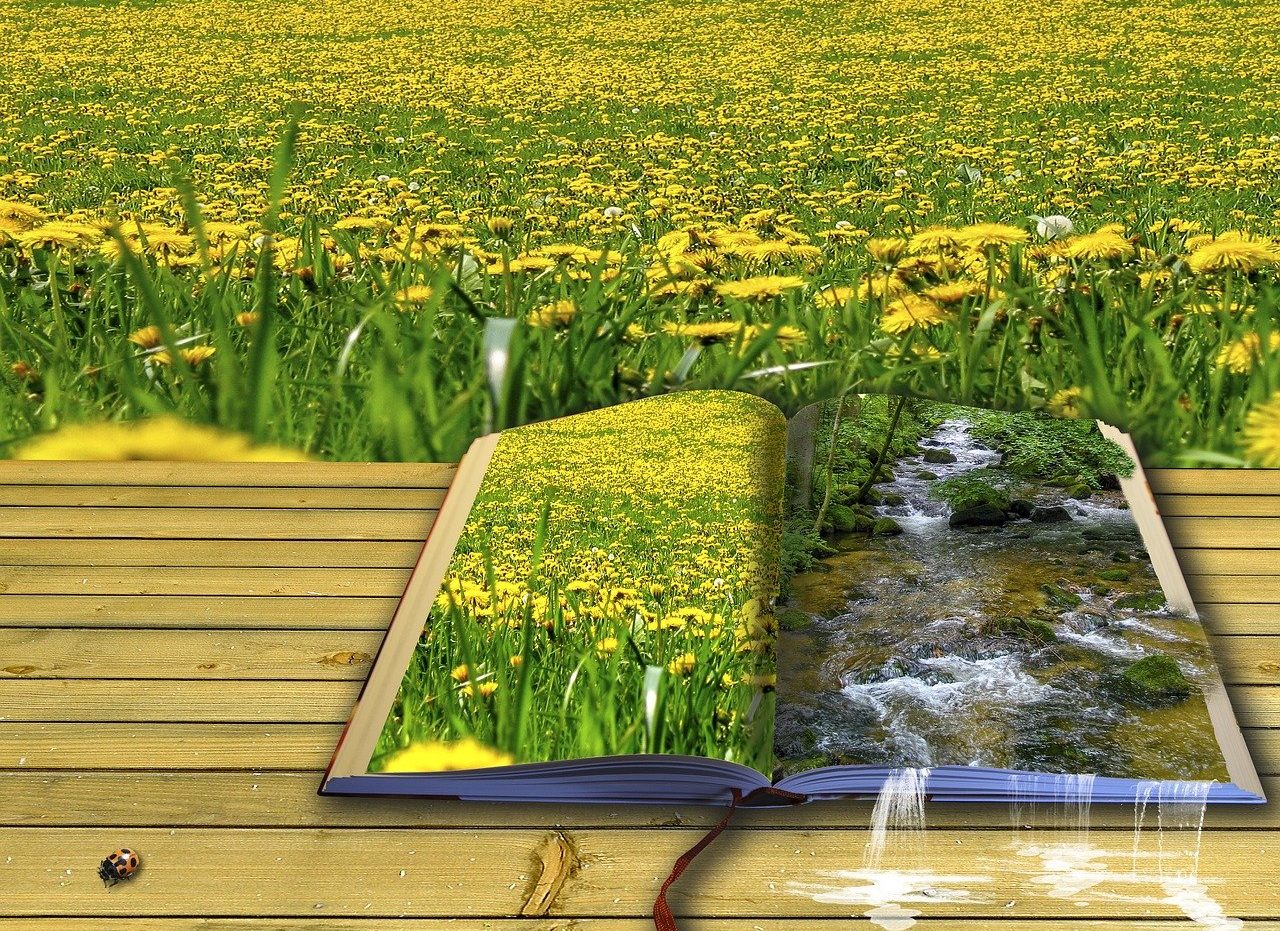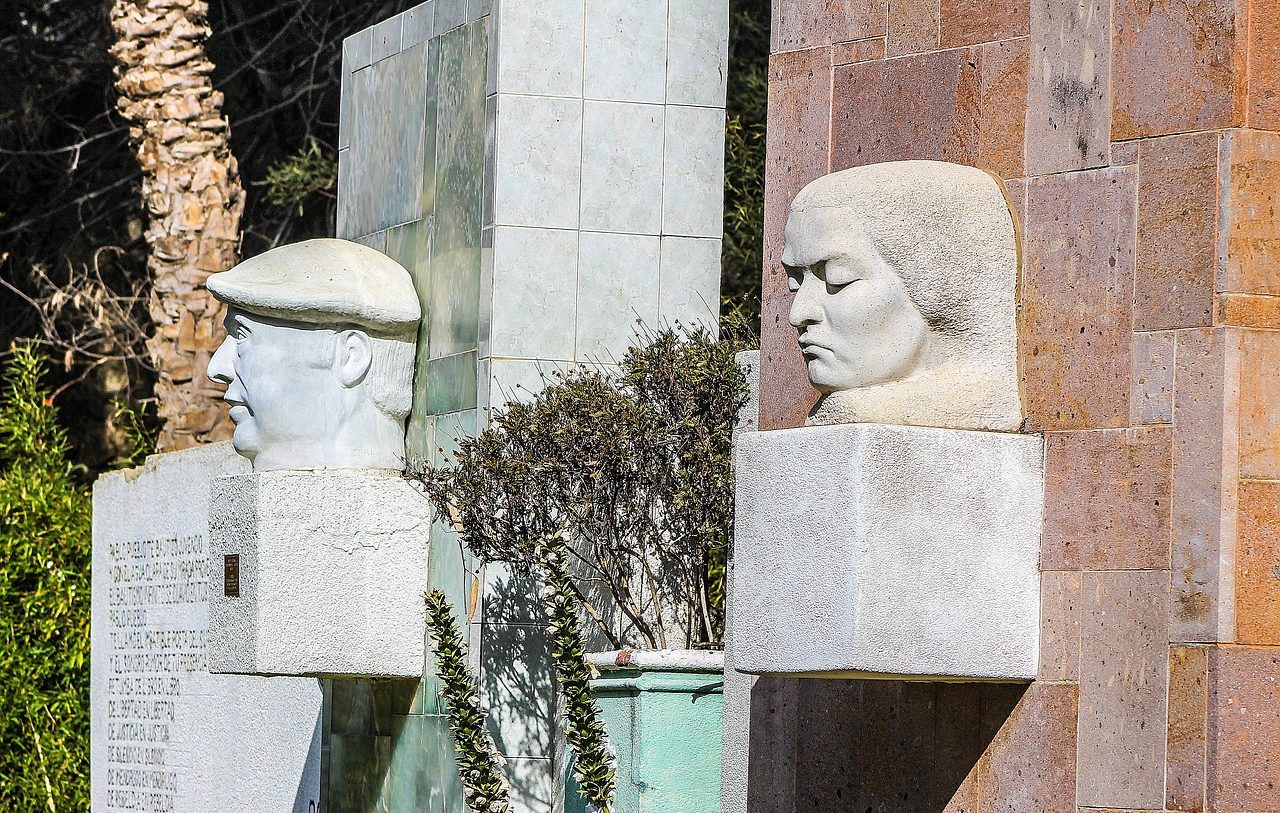
Symbolism is a central element of the lyrical genre.
The lyrical genre is a literary genre . Its distinctive feature is that it reflects the author's emotions and feelings . It is generally developed in verses ( poetry ), although there are lyrical texts written in prose.
It should be noted that the concept of gender has various meanings. On this occasion, we will stick with its meaning as a category or class in which an artistic work can be classified according to its characteristics.
Classification of literary works
Literary genres , in this framework, are methods of classifying works of literature . This means that a literary work, depending on its form and content, is included in a certain literary genre.
There are many systems for classifying works into literary genres . One of the best known is the one proposed by Aristotle in “The Poetics” , which he developed in the 4th century BC . There, the Greek philosopher recognizes three great literary genres: the dramatic genre , the epic genre and the lyrical genre .

Satire, lyrics and epigrams are part of the lyrical genre.
Origin of the lyrical genre
The lyrical genre gets its name from the lyre , a musical instrument . In Ancient Greece , it was common for compositions of this type to be sung to the accompaniment of a lyre, hence its name.
Although at that time works belonging to the lyrical genre were sung accompanied by instrumental music, this custom was left behind until it disappeared. Nowadays, there is always the option of fusing poetry with music , as well as making any other combination that artists wish to create when distributing or exhibiting their works .

Various literary awards recognize authors of the lyrical genre.
The subgenres
Sonnets , ballads , odes and elegies are subgenres of the lyric genre. Works of this type are usually grouped today as poems , as poetic works are known.
Regarding the rhythm and meter of a poetic work, they depend entirely on the author. As in all forms of art, there are two large groups of creators: those who place great importance on technique and those who let themselves be carried away by inspiration and ignore any structure that threatens to take away the spontaneity of their works. Between these two extremes are the authors who rely on technical concepts to polish their writings with the purpose of making them more impactful.
Characteristics of the lyrical genre
The lyrical genre is usually expressed in poems . This is the name given to the set of verses, which in turn are organized into stanzas.
The verses are formed from a succession of words that develops according to cadence (the repetition of stress patterns) and meter (the number of syllables). Those verses that have a common rhyme give rise to stanzas .
The idea of rhyme , meanwhile, refers to the reiteration of sounds. There are consonant rhymes and assonant laughter , according to characteristics associated with the stressed syllable (that with phonetic prominence as it coincides with the location of the prosodic accent).
The lyrical genre is perhaps the most difficult to appreciate, especially when it comes to works with a high degree of abstraction ; Its counterpart is drama , which offers us situations and dialogues that we can find in our daily lives.
This particularity of the lyrical genre is its essence, what makes it unique and magical, but it usually causes a certain rejection in people who do not approach it for fear of not understanding it and questioning their own intellect in front of others. Poets, on the other hand, assure that it is not necessary to understand every word , every verse to appreciate a lyrical work, but it is enough to open yourself and feel it.
This "difficulty of understanding" that some people experience may be associated with the fact that poets often appeal to literary figures or tropes , resources that modify the habitual use of words and introduce figurative meanings. Allegory , hyperbole , antithesis , metaphor , anaphora , simile , alliteration , personification , paradox , synecdoche and metonymy are just some of these instruments that, although they enrich the literary genre, can make it reading is complex.
famous poets
Among the main figures of the lyrical genre in our language , we find a long list of women and men whose contributions were unmatched. From Spain we can name Rosalía de Castro and Federico García Lorca ; from Chile , to Pablo Neruda and Violeta Parra ; In Mexico we find Sor Juana Inés de la Cruz and Octavio Paz ; César Vallejo stands out in Peru ; Argentina gave us Alfonsina Storni …
If we focus on poetry developed in other languages, we can highlight that Wislawa Szymborska was born in Poland , in the United States , Walt Whitman and in France , Charles Baudelaire .
It is important to highlight that these are just some of the most prominent names of the past, but they are far from all since today there are dozens of people who take poetry in new directions every day.
